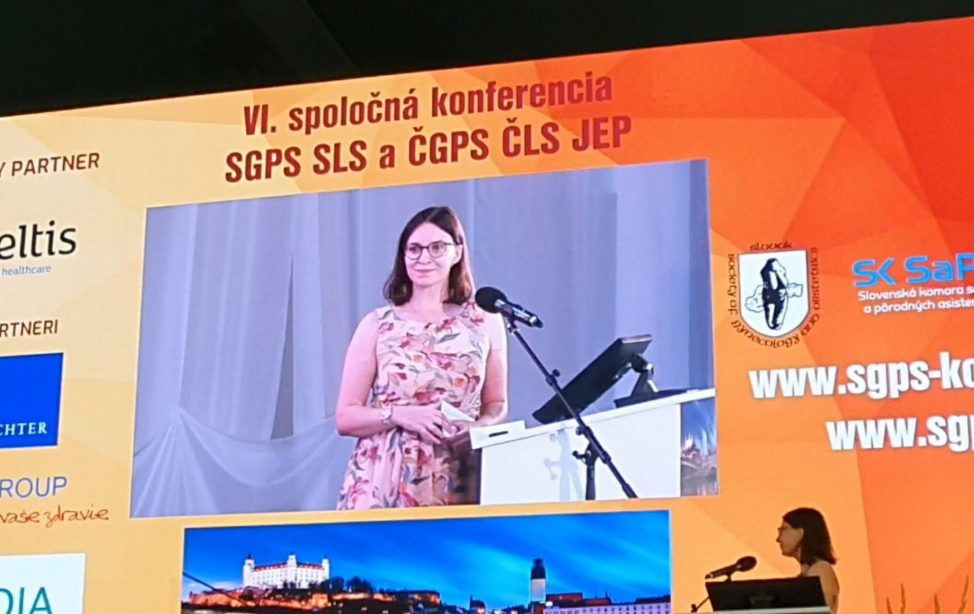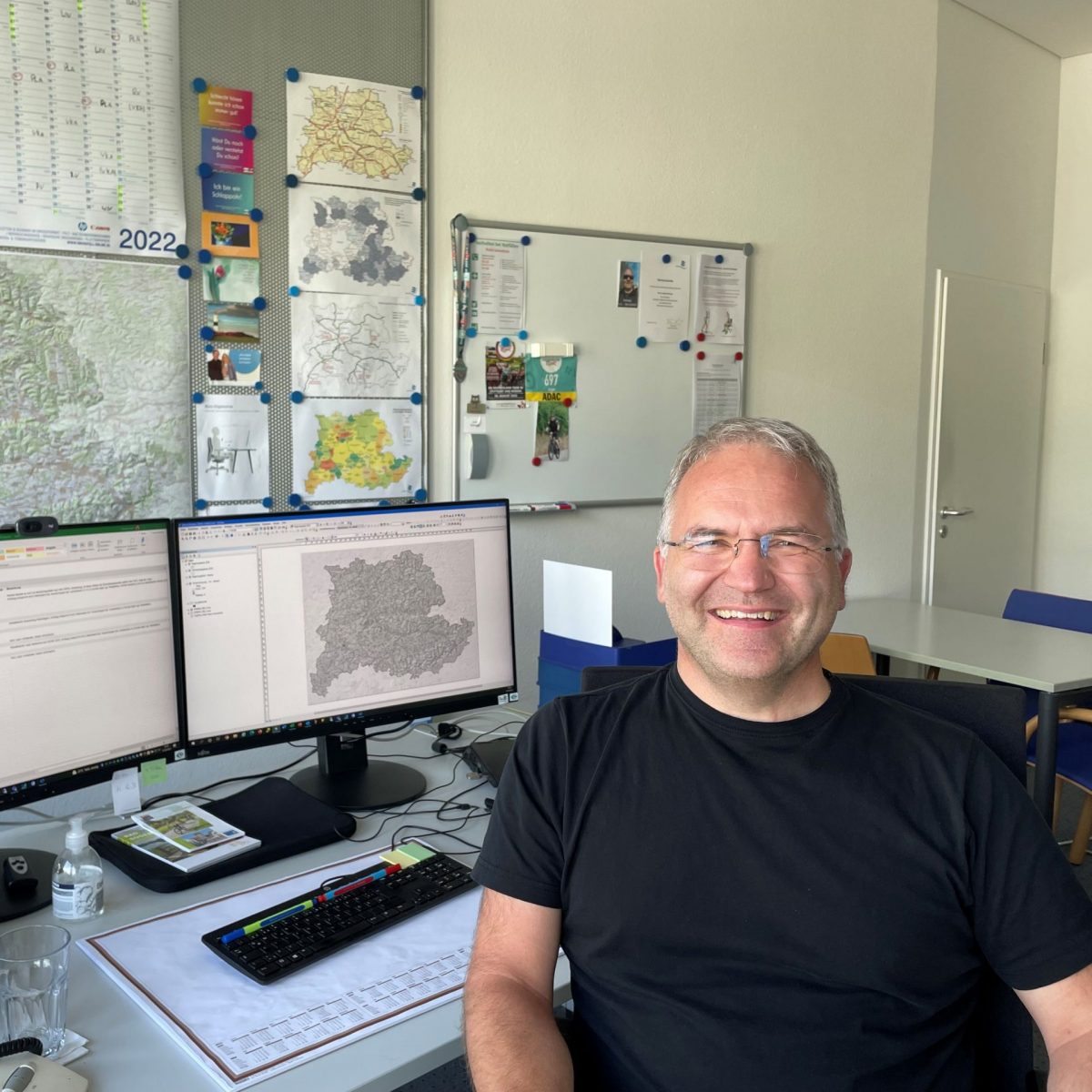
TUM alumnus Jürgen Schopp is an expert in all aspects of geographical information. He has headed the Geoinformation department at the Verband Region Stuttgart since 2006. His primary aim is to make his department fit for the future in technical and personnel respects (Image: private).
After completing the Abitur – the German higher education qualification exams – Jürgen Schopp trained as a landscape gardener in his native Baden-Württemberg. The environmental movement of the 1980s stirred within him a desire to start a career in nature conservation. In pursuit of this goal, in 1991 he decided to study Landscape Architecture and Landscape Planning (a course formerly known as Landscape Conservation) at TUM.
Jürgen Schopp was initially worried about whether he would be able to cope with this challenging course of study given his hearing impairment. He had been almost completely deaf since birth and was reliant on lip-reading and hearing aids from a young age. Almost ten years ago, Schopp was fitted with cochlea implants, placed under the skin behind his ears. “For a long time, I had the impression that people with normal hearing had an advantage over me,” he recalls. “However, that notion crumbled away during my time studying at TUM.”
MILESTONES
Equipped with a personal radio transmission device in addition to his hearing aids, Jürgen Schopp was able to follow the lectures and seminars at TUM well, including in acoustically challenging situations. To this day, he remains grateful for the support shown by his fellow students and the staff in his department, including his professors. “It was always about my abilities here, not my impairment.”
As a student and research assistant, I was always taken seriously at TUM. These activities were crucial milestones for me.
GAME-CHANGER
A course in geographic information systems under the auspices of Professor Wolfgang Haber, who held the Chair of Landscape Ecology at the time, proved game-changing for Jürgen Schopp. A geographic information system (GIS) is used to record, process, organize, analyze and present spatial (and therefore also informal) data. Even then, Jürgen Schopp saw the potential of geographic information systems in the context of landscape planning, which was still very much in its infancy at the time.
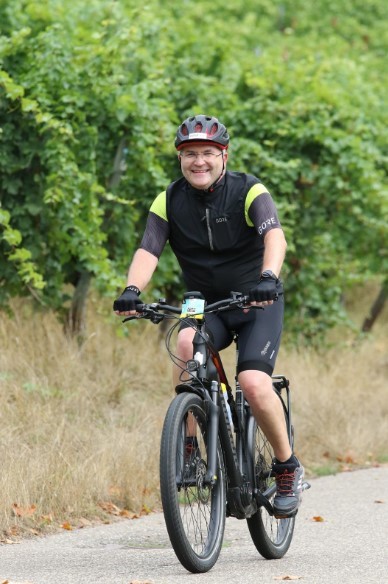
TUM alumnus Jürgen Schopp is a keen sportsman. He finds that the time he spends swimming and cycling offsets the heavy responsibilities of his management role. This image shows him taking part in the Jedermann Tour 2022 in the Stuttgart region (Image: private).
ROLE MODEL
For the last 25 years, Jürgen Schopp has worked for the Verband Region Stuttgart, an association of local authorities within the Stuttgart region. As an expert in geographical information systems, he does his part to promote the sustainable development of his native region. Upon his appointment in 1997, he established the Spatial Information System for the Stuttgart Region (RegioRISS) and has continued to develop it ever since. A key aim of this project is to depict the vast quantity of geographical and statistical information in a structured, comprehensible manner. The system’s analytical and deductive functions combine with cartographical illustrations and aerial images to offer efficient support for numerous planning and decision-making processes in the Verband Region Stuttgart.
Jürgen Schopp has led the Geoinformation department at the Verband Region Stuttgart since 2006. A leadership position had not been part of his plans. However, in light of his expertise, he was offered the post. “Since then, I have been working to make the Geoinformation department fit for the future – in technical and personnel respects,” says Jürgen Schopp.
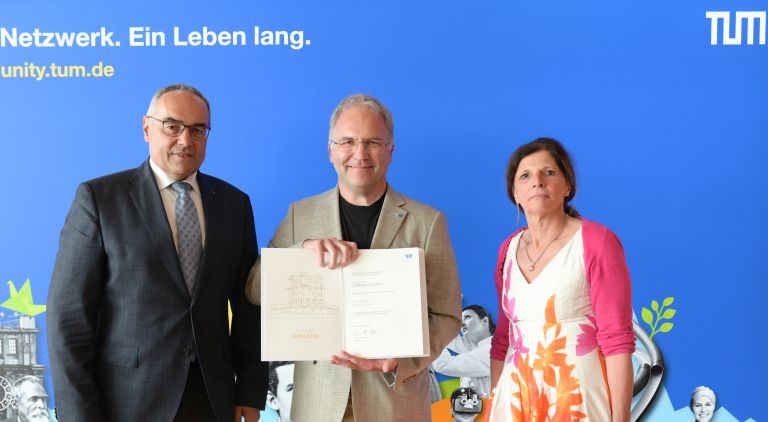
Jürgen Schopp is a regular attendee at reunions with his former classmates at TUM. In 2022, he was awarded a silver degree certificate to mark the 25th anniversary of his graduation from TUM at a celebratory event. The picture shows Schopp (center) with Senior Executive Vice President Albert Berger and Vice President Global Communication and Public Engagement Jeanne Rubner (Image: photogenika/TUM).
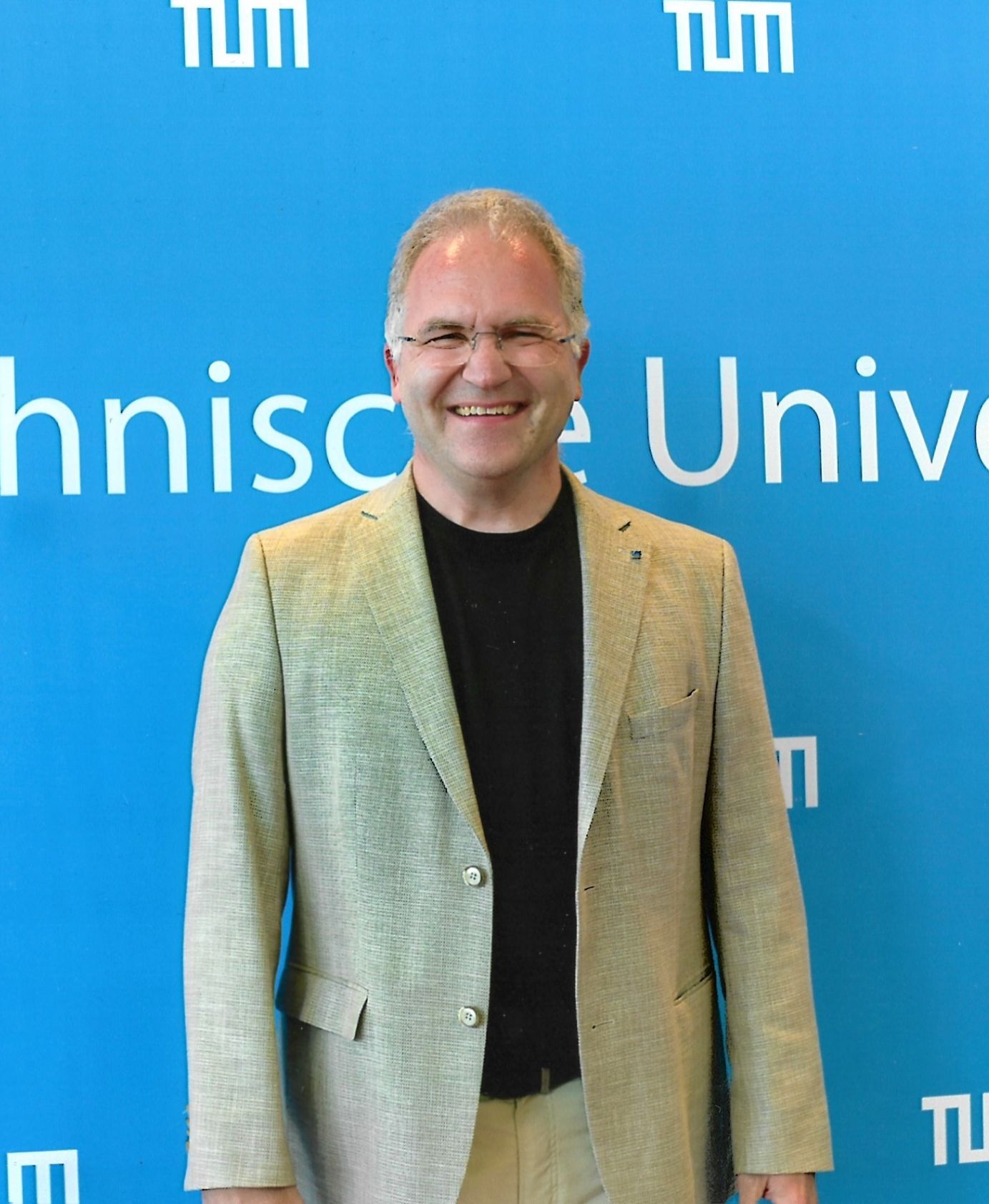
Jürgen Schopp (Picture: TUM)
Diploma in Landscape Architecture and Landscape Planning 1996
After training as a gardener specializing in horticulture and landscape gardening, from 1991 to 1996 Jürgen Schopp studied Landscape Architecture and Landscape Planning (a course formerly known as Landscape Conservation) at TUM in Freising-Weihenstephan. Despite receiving two offers for doctoral study, he decided to deepen his understanding of geographical information systems and enter the world of work. He completed an UNIGIS distance learning course, earning the title of Master of Advanced Studies in Geoinformatics from the University of Salzburg.
Since 1997, the TUM alumnus has worked for the Verband Region Stuttgart, initially as a GIS administrator and, since 2006, as Head of the Geoinformation department.
Following the death of his wife, Jürgen Schopp has reassessed his priorities. Drawing on his personal experience and his Christian faith, he now hopes to train as a grief counselor.


